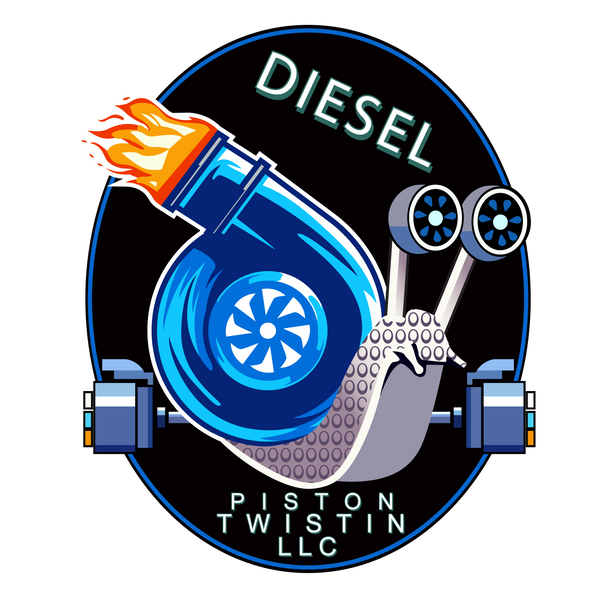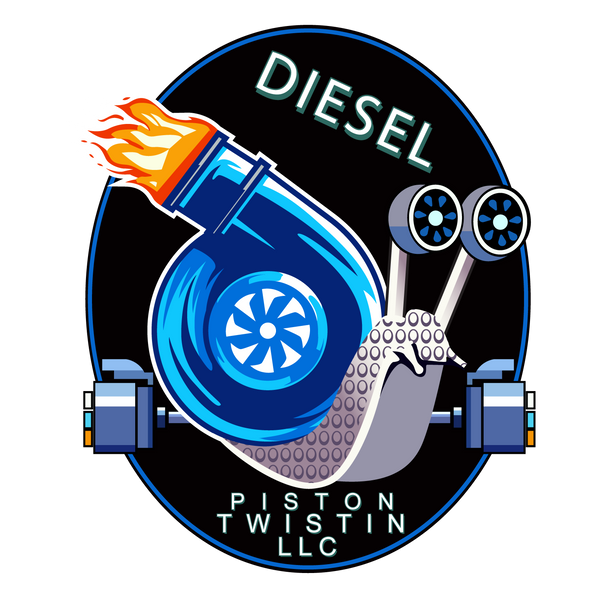
Understanding the Allison Transmission in Duramax Trucks
Understanding the Allison Transmission in Duramax Trucks
-
Durability and Strength
The Allison transmission is built to withstand the high torque output of Duramax engines. It features robust internal components, such as reinforced gears and heavy-duty clutches, that ensure longevity and reliability under heavy loads and demanding conditions.
-
Advanced Electronics
Allison transmissions are equipped with advanced electronic controls that optimize shift points and improve overall performance. These electronic systems allow for precise control over gear changes, ensuring smooth and efficient power delivery.
-
Torque Converter Lockup
The Allison transmission utilizes a torque converter lockup mechanism that enhances fuel efficiency and performance. By locking the torque converter in specific gears, the transmission reduces slippage and increases power transfer to the wheels.
-
Adaptive Shifting Technology
Adaptive shifting technology allows the Allison transmission to learn and adapt to driving conditions and driver behavior. This feature ensures that the transmission operates at peak efficiency, whether you’re towing heavy loads or driving in stop-and-go traffic.
-
Heavy-Duty Cooling System
The Allison transmission is equipped with a heavy-duty cooling system to maintain optimal operating temperatures. This cooling system is essential for preventing overheating and ensuring reliable performance, especially during towing and heavy-duty applications.
-
Fluid Changes
Regular transmission fluid changes are vital for maintaining the health of your Allison transmission. It’s recommended to change the transmission fluid every 25,000 to 50,000 miles, depending on your driving conditions. Always use the recommended Allison-approved transmission fluid.
-
Filter Replacements
Along with fluid changes, it’s important to replace the transmission filter regularly. The filter helps remove contaminants from the fluid, ensuring clean lubrication and preventing damage to internal components.
-
Inspect for Leaks
Regularly inspect your transmission for any signs of leaks. Transmission fluid leaks can lead to low fluid levels, causing overheating and potential damage. Address any leaks promptly to avoid costly repairs.
-
Check for Software Updates
Allison periodically releases software updates for their transmission control modules. These updates can improve shifting performance and address any known issues. Check with your dealer or mechanic to ensure your transmission is running the latest software.
-
Monitor Transmission Temperature
Keep an eye on the transmission temperature gauge, especially during towing or heavy-duty use. Overheating can cause significant damage to the transmission. If you notice high temperatures, consider installing an auxiliary transmission cooler for additional cooling capacity.

